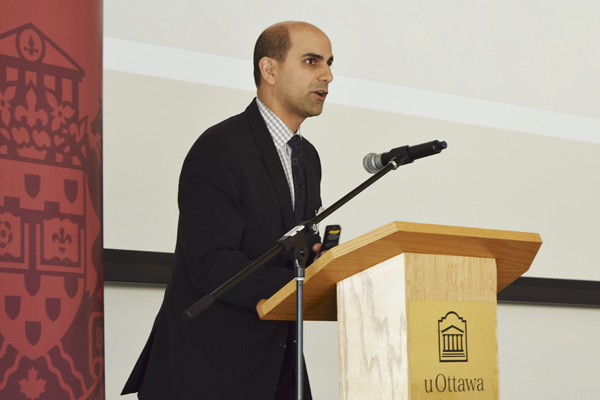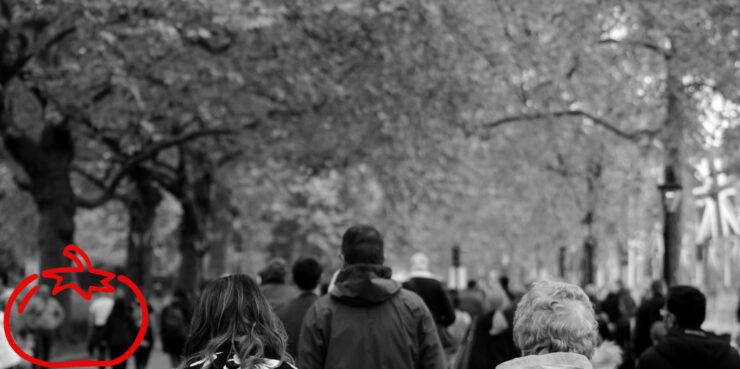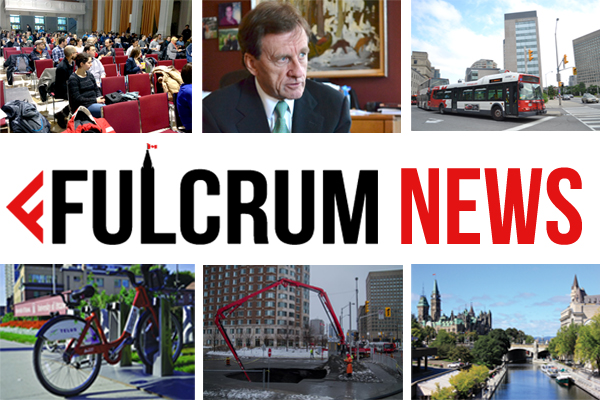Panelists express concern for new voting rules at law symposium
Photo: Remi Yuan
Electoral law was in focus at the University of Ottawa last week when experts from across Ontario discussed the cornerstone of democracy.
The Ottawa Law Review, in association with the Journal of Parliamentary and Political Law, welcomed numerous law professionals to participate in a Feb. 26 conference, including Marc Mayrand, the chief elections officer of Elections Canada.
In particular focus was the controversial Bill C-23, also known as the Fair Elections Act. The legislation, which was passed last June, reduced the chief electoral officer’s powers and took away Elections Canada’s initiatives to increase voter turnout, according to media reports.
The new guidelines “would make it easier for law-abiding Canadians to vote and harder to break the law,” said Pierre Poilievere, Conservative MP and minister for democratic reform, after he introduced the bill last spring.
Mayrand criticized the piece of legislation: “My reading of the act is that I can no longer speak about democracy in this country,” he said at the time, in an interview with CBC Radio’s The House.
While speaking at the U of O last month, Mayrand said the right to vote is meaningless without the infrastructure to ensure the accessibility and integrity of the vote.
“Since 2006, we started to see a shift between the two core values of integrity and accessibility,” he said, explaining that policy has shifted in favour of integrity over accessibility.
Yasmin Dawood, an associate professor of law at the University of Toronto, expressed her concern about the Act in an open letter published by the National Post last year, signed by more than 400 academics.
During a panel on past, present, and future issues in electoral law, hosted by the university, Dawood further explained that new limits on the type of ID Canadians can use at polling booths will prevent certain demographics from voting. She said the Act will seriously damage Canadian democracy.
As there is no national identification card for Canadians, we must rely on other forms of identification to vote. As your identification must prove your residence, passports and health cards don’t meet the criteria. A driver’s license is the preferred piece of identification, but approximately 18 per cent of Canadians don’t have one. Mayrand says this makes it difficult for students, seniors, and people with disabilities to vote, as they are most often those without adriver’s licenses.
Michael Pal, a U of O assistant law professor who spoke at the symposium, said the Fair Elections Act is “so blatantly partisan” that Canadians should “no longer assume there is a fair and independent election process.” He calls on the right to independent election administration via electoral management bodies in order to ensure fair voting practices.
Laura Stephenson, an associate professor at the University of Western Ontario emphasized the need to reach out to students. “Younger people simply do not feel as dutiful to go vote as older people do,” she said.
In the 2011 federal election, only 38.8 per cent of Canadians aged 18 to 24 voted.
The Canadian Federation of Students and the Council of Canadians have challenged Bill C-23. They’re taking the case to the Superior Court of Ontario, claiming it violates the Charter of Rights and Freedoms.





